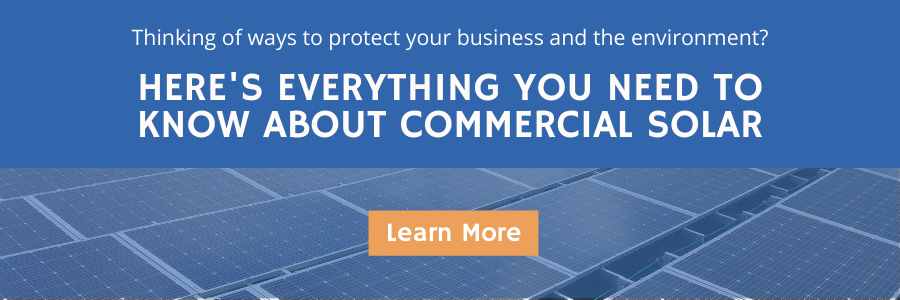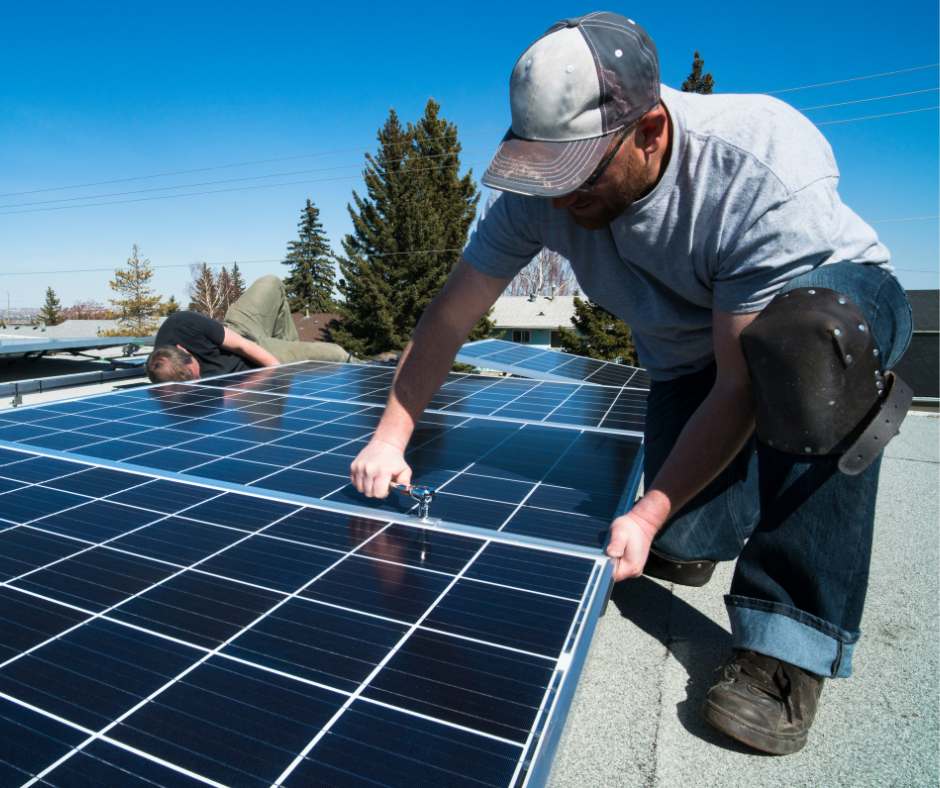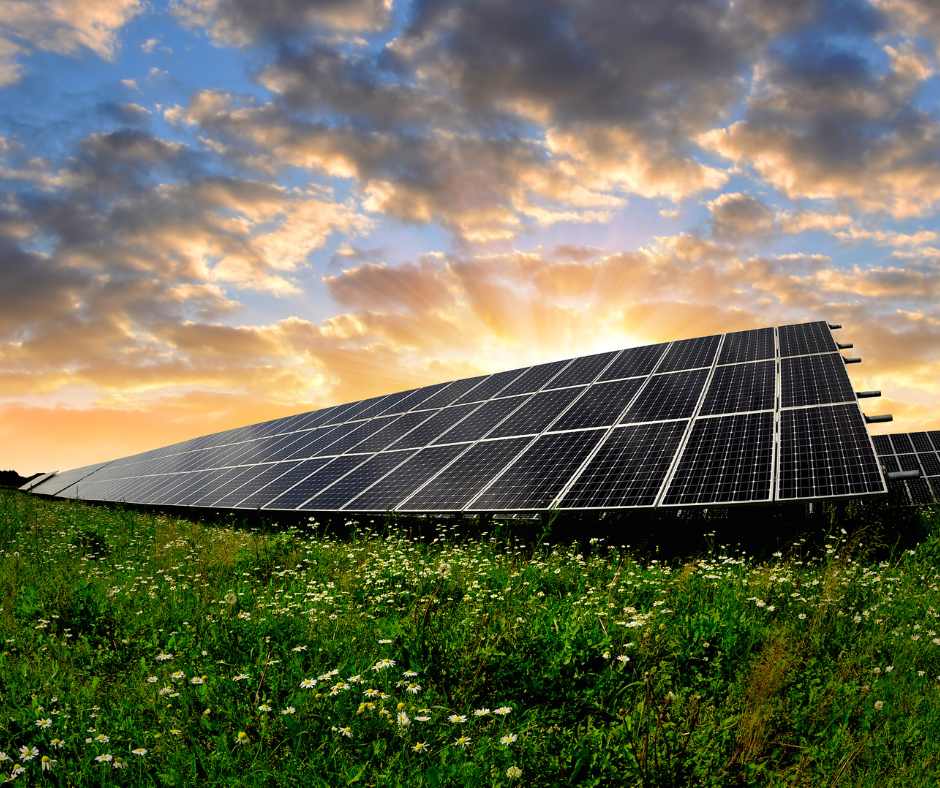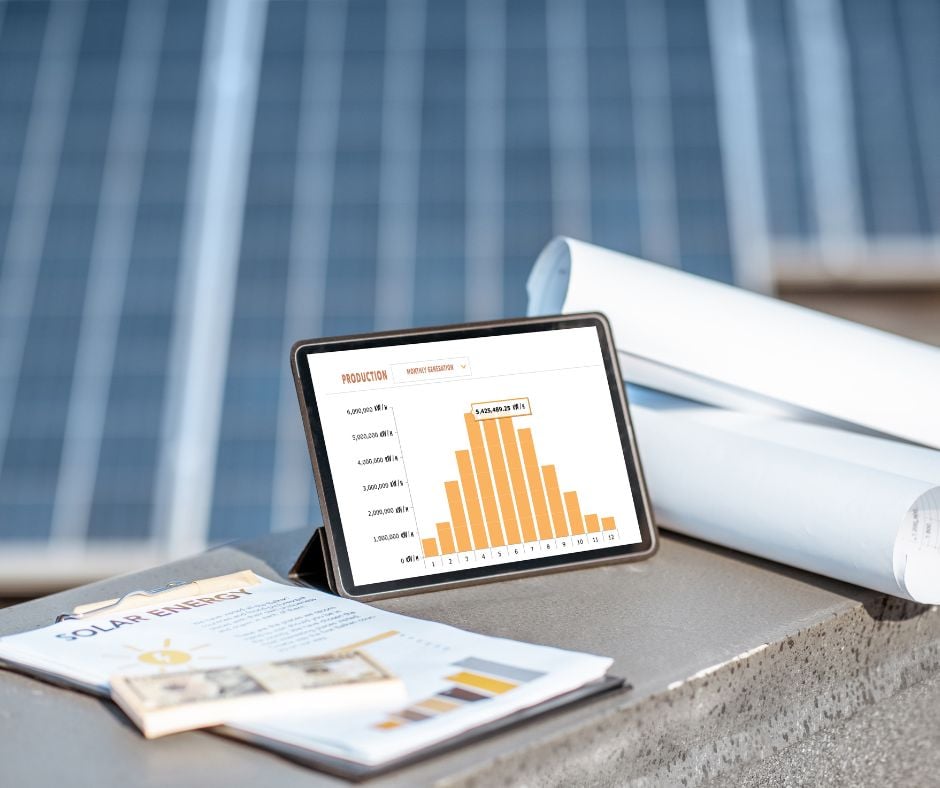
As more businesses and building owners are choosing to own their own power source - especially solar - you might be wondering if the technology is a good fit for your business or home? You might even be wondering what it takes to prepare for a solar system purchase and how to go about soliciting bids from local contractors. This article will shed light on what purchasing a commercial solar system (or residential) could look like from beginning to end. Solar is not a one size fits all solution, it is, in fact, a surprisingly custom solution depending on the application, desired uses and value created.
Do it yourself planning or let the expert do the work?
As solar photovoltaic (PV) becomes more commonplace in commercial settings the question arises whether the PV system should be specified by the company contracted building engineers and then be sent for bids to solar contractors, or if solar contractors (i.e. solar system experts) should first be invited to propose a solution?
Going the first route can be a good solution if you already have an engineering team familiar with solar, but that is not common. Having your engineering team specify a bid pack might seem to be a good idea, but they may not have the specialized knowledge required for a successful, smooth installation. For example, do your company engineers know the local regulations around PV? Local fire code? The local utility company rate schedules? The latest equipment options and what is desired by the company? The optimal system size?
Since PV is a rapidly growing industry, today's best products are not tomorrow’s best products, meaning products included in bid packs often become obsolete very quickly. If you do opt to do it yourself make sure to put a provision for contractors to suggest and bid an alternate product if it can be shown to be better and/or cheaper to what has been specified.
The largest downside to having a company contracted engineer spec the solar design is that it costs the owner of the building extra to have that done; meanwhile most solar contractors are happy to provide you with a quote and consultation for free. Often a better way to develop a detailed spec for the project is to solicit bids using a Request For Proposal (RFP).
Solar PV system quoting process best practices
Soliciting bids from local contractors for solar projects is a process - whether you are soliciting for your home or business. Here are some best practices to make the process easier.
The first and most important step is to write an RFP. This may be as simple as notes on paper that you will use to inform a contractor of your situation or it can be as complex as a multi-page document providing all the necessary details that will allow a contractor to develop a solution without even speaking with you. A potential contractor will want to know information such as:
- The function and location of your business
- The number and function of meters at your site
- Energy consumption data
- The utility company rate schedule
- The building voltage
- The reason you’re interested in solar
- The onsite electrical systems
- Property lines /site constraints
Often a single missing piece of the puzzle can leave a contractor unable to make a sound recommendation or quote for your needs.
In our experience at Michigan Solar Solutions, the biggest pitfall in soliciting bids is tasking this process to employees who are not educated on their building and are not allowed access to the information a contractor needs to bid a solution.
In addition to this common issue, we often see homeowners and business representatives who will ask for a quote without engaging in the process to understand how it works and how to get a quote. Rarely is a system purchased without the final decision maker first seeing and reviewing a power production and financial model. The first and most critical component to developing these models is energy consumption data.
Consumption data can be established by simply reviewing a monthly electric bill or it can be more complex as in researching utility interval data. The key is that different situations call for different data sets, so communicating the correct data set is a huge step, and a step where many bidding attempts fall short.
Finally, once you have solicited enough bids to your liking, you can work toward making a decision. It is important to make sure to compare apples to apples when making your final decision as solar metrics are not common knowledge and are easily misunderstood.
Installation and commissioning of your commercial solar system
The final stage of purchasing and executing a solar project is the actual implementation and construction phase. This phase can take anywhere from six short weeks on the residential side to up to a year for commercial projects, depending on the configuration, size of the project and permits required.
Prior to construction and installation by a solar company, two critical processes are set in motion: your application to connect to the utility grid (the interconnection application) and local construction permits.
Interconnection applications are prepared for the utility company servicing your home or building. Any interconnections to the grid must be approved by the local utility - especially for those systems that will take advantage of a metering incentive such as Net Metering or a Buy All Sell All program.
The permit process for larger solar projects can take longer because many municipalities need to be educated on how systems work before they will approve the plans to build. The cost and timeline for permitting will only improve as solar installations become more commonplace.
Your new solar system will take anywhere from 1-2 days for a residential or home project, or 6-10 weeks for a commercial building, to be installed. The size and complexity of the system will determine the length of the installation period. Once the equipment is installed the electrical and building inspections are conducted.
The final step is to turn on and commission the system. Commissioning (full approval and functioning with the grid) can take up to one full month after passing inspections depending on your local utility company’s practices.
Ultimately, the timeline for fully functioning solar projects can vary depending on multiple variables that a contractor cannot control such as slow permitting reviews, weather and the utility company’s speed of approval for example.
In summary, the solar purchasing and installation cycle is different than most purchasing cycles known to the construction industry and thus requires higher levels of attention because of its complicated nature.
In the future, purchasing an on-site solar system will become less complex as the market comes more mature, which should improve the speed of permitting, interconnection and development of more inclusive bid packages. Until then, the best thing you can do during this process is to be prepared to work with contractors to provide them what they need to get the most qualified and accurate bids.
See our commercial solar services and projects.

If you or another business is interested in having an undeniable impact on your triple bottom line give us a call for a free consultation to see if solar is right for you! Call (248) 923-3456 or request a Free Online Solar Analysis for Your Business.
Michigan Solar Solutions is a commercial and residential solar installer and electrical contractor that has served the lower peninsula of Michigan since 2007. We have installed thousands of panels and have a happy customer near you, check out what our customers think of us Guild Quality.
Have a comment? Let us hear from you!








Have a comment? Let us hear from you!